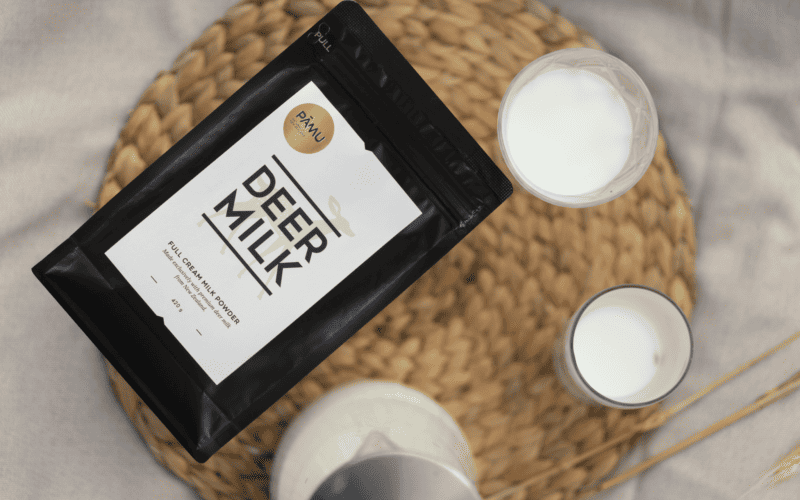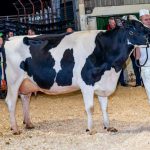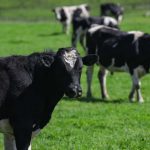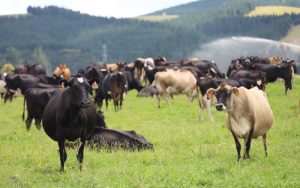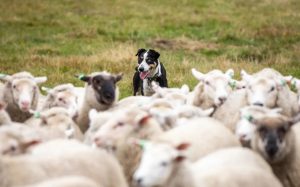
State-Owned Enterprises minister directs board to stick to core business.
Pāmu Foods is to cease the processing and selling of its branded bovine milk powder following direction from its outgoing shareholding minister.
State-Owned Enterprises Minister Duncan Webb has written to the Pāmu board requiring that it focus on its core business and commercial disciplines and that it details steps to improve the performance of its off-farm ventures.
Pāmu has confirmed its subsidiary, Pāmu Foods, will from next June stop selling Pāmu-labelled milk powder but will continue with its deer milk and sheep milking ventures.
“The decision reflects our refreshed strategy and focus on core business and farming excellence,” a Pāmu spokesperson said.
“Looking forward we couldn’t ensure a competitive edge and sustainable margin from selling the Pāmu-linked bovine milk products.”
Off-farm ventures make up less than 10% of Pāmu’s portfolio.
“Between now and then [next June], Pāmu Foods will continue business as usual, completing contracts and managing the transition out of these products with our customers in China.
“Meanwhile, our Spring Sheep Dairy joint venture continues to grow in scale alongside its aligned asset of Melody Dairies, which processes sheep milk.”
The Pāmu spokesperson said revenue diversification is a key strategy for Pāmu.
Webb’s letter, sent last month and released by the Treasury, says that a focus on its core business was needed to ensure Pāmu meets its 2025 milestones and 2030 ambitions.
For the year to June 20, it reported a $9 million loss after tax compared to $59m profit a year earlier, largely due to write-downs in the value of livestock and forestry assets
The decline in performance was also attributed to Cyclone Gabrielle, which hit 24 Pāmu farms, along with falling returns.
Webb was clear in his expectations.
“We ask that you consider shareholders’ expectations and best farming practices, including prioritising on-farm performance and operating as a commercially disciplined exemplary pastoral farmer.
“We expect that your strategy will include realistic and measurable objectives that demonstrate focus on how (Pāmu) intends to deliver on shareholding minsters’ expectations.”
Any venture must meet budget and financially it must contribute positively within one to two years.
He expects Pāmu to be a commercially sustainable pastoral farming business and as profitable and efficient as comparable businesses not owned by the Crown.
The company is also expected to invest in strategically aligned initiatives that enhance its core business and achieve its objectives, while also addressing underperforming investments.
It is also required to be environmentally sustainable and “an exemplar” in employment and animal welfare practices.
